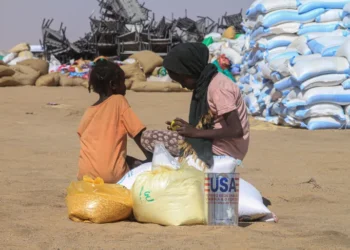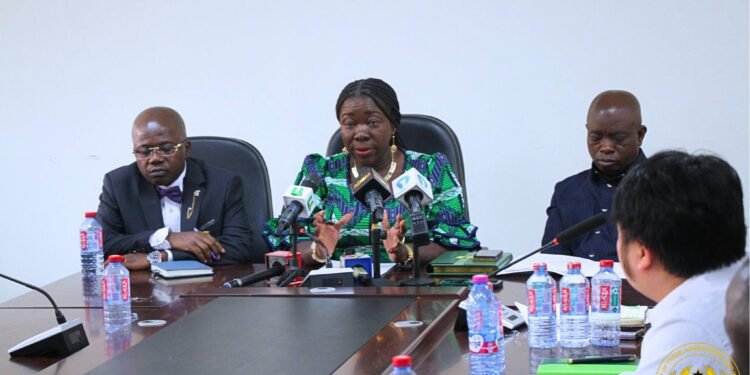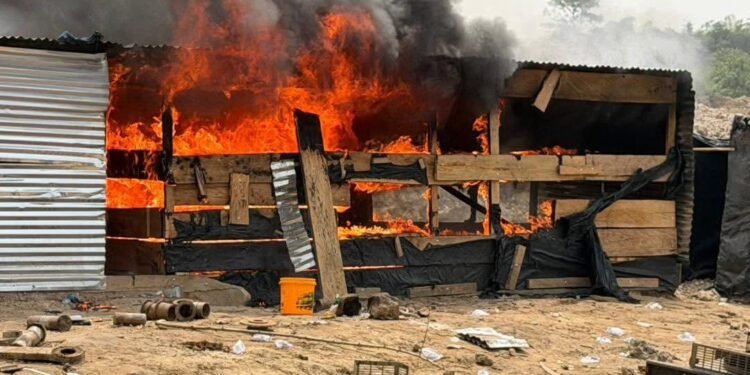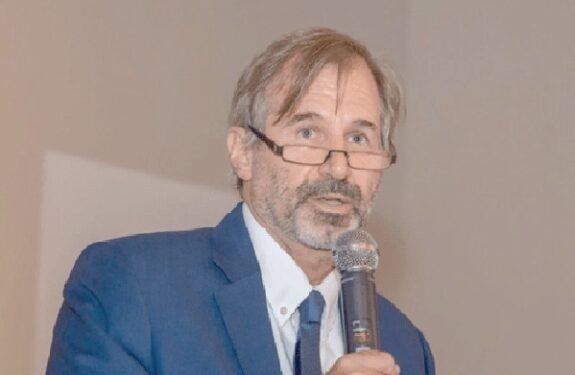Azerbaijan’s President Ilham Aliyev has sparked controversy at the COP29 climate summit in Baku, defending the nation’s oil and gas industry as a “gift of God”.
Addressing global delegates at the United Nations climate conference, Aliyev stated, “Countries should not be blamed for having [oil and gas] and should not be blamed for bringing the resources to the market, because the market needs them.”
His remarks came amid an event intended to promote a global shift away from fossil fuels and intensified an already scrutinized role for Azerbaijan as summit host. Highlighting his country’s contribution, Aliyev noted, “Azerbaijan’s share in global gas emissions is only 0.1 per cent.”
Allegations Stir Controversy
The conference, aimed at fostering meaningful progress in climate action, opened under a cloud of controversy. A report released prior to the event alleged that Elnur Soltanov, the chief executive of Azerbaijan’s COP29 team, had been recorded discussing potential “investment opportunities” in the state’s oil and gas sector with a man posing as an investor. In the recording, Soltanov reportedly mentioned, “We have a lot of gas fields that are to be developed.”
Azerbaijan’s COP29 representatives have remained silent on these allegations. However, President Aliyev criticized what he called “Western fake news media” for focusing negative attention on his country. “I have to bring these figures to the attention of our audience, because right after Azerbaijan was elected as a host country of COP29, we became a target of a coordinated, well-orchestrated campaign of slander and blackmail,” he said, accusing certain NGOs and politicians of spreading disinformation.
Leadership and Absence
Adding to the tension, several world leaders were conspicuously absent from the summit, including U.S. President Joe Biden, French President Emmanuel Macron, German Chancellor Olaf Scholz, Australian Prime Minister Anthony Albanese, and Canadian Prime Minister Justin Trudeau.
This absence has fueled speculation about the summit’s effectiveness in achieving its goals, especially against the backdrop of Donald Trump’s recent re-election and his administration’s signals of a potential U.S. exit from the Paris Agreement.

Alex Rafalowicz, the executive director of the Fossil Fuel Treaty Initiative, weighed in on Aliyev’s comments.
“Countries are not to blame for their natural resources, but they are responsible for the threat they pose to humanity by extracting them from the ground and driving climate impacts … This is betraying the nations that are present here in these negotiations.”
Alex Rafalowicz
Strains on Climate Progress
The re-election of Donald Trump has compounded anxieties surrounding COP29. The former president’s climate stance has historically included withdrawing from global environmental commitments, casting doubt over the future of U.S. engagement.
This uncertainty loomed heavily over delegates as they began discussions centered on mobilizing a $1 trillion climate action fund.
Despite the criticisms, Azerbaijan’s commitment to fossil fuels remains steadfast. Earlier this year, President Aliyev announced plans to boost the nation’s gas production, underscoring the country’s dependence on oil and gas revenue to support its economy.
COP29’s unfolding developments have put a spotlight on the challenges of uniting diverse nations under the urgent call for climate action. With key leaders absent and conflicting national interests at play, the road to meaningful climate resolutions seems more complex than ever.
READ ALSO: Shatta Wale Previews New Song With Maali























